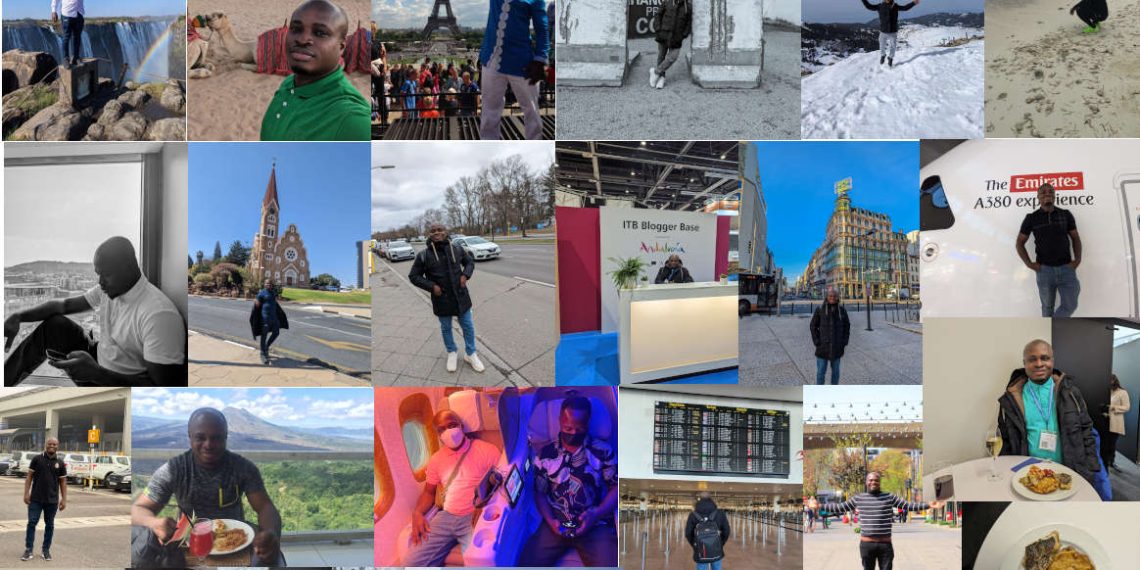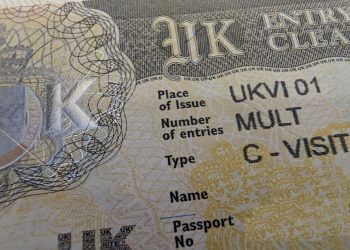Living and working legally in a foreign country can be an enriching and rewarding experience, providing opportunities for personal growth, cultural exchange, and career development. However, it is essential to understand and abide by the immigration laws and regulations of the country you wish to reside and work in.
This article provides a general guide on how to navigate the process of living and working legally in any country, highlighting key considerations and steps to follow.
1. Research and Understand Immigration Requirements
Before making any plans, thoroughly research the immigration requirements of the country you intend to move to. Each country has its own immigration policies and procedures, including visa types, work permits, and residency requirements. Familiarize yourself with the specific rules and regulations governing immigration, as well as any restrictions or quotas that may apply to certain occupations or nationalities.
2. Determine Your Eligibility
Evaluate your eligibility for living and working in your desired country. Some countries have specific programs or visas tailored for skilled workers, students, entrepreneurs, or family members of citizens or residents. Consider factors such as your qualifications, work experience, language proficiency, financial resources, and any potential job offers or educational opportunities. Assessing your eligibility will help you identify the most suitable immigration pathway.
3. Obtain the Necessary Visa or Permit
Once you have determined your eligibility, the next step is to obtain the appropriate visa or permit. This may involve submitting an application to the country’s embassy or consulate in your home country or applying online through the immigration department’s official website. Common visa types include work visas, student visas, business visas, and family-based visas. Ensure that you gather all required documentation, such as a valid passport, proof of financial means, medical certificates, and any supporting letters or references.
4. Comply with Immigration Laws
Upon arrival in your chosen country, it is crucial to comply with all immigration laws and regulations. Register your presence with the relevant authorities, if required, and adhere to the conditions and restrictions stated on your visa or permit. Abide by the rules regarding employment, taxation, healthcare, and any other obligations applicable to residents or foreign workers. Familiarize yourself with the local customs, laws, and cultural norms to ensure a smooth integration into your new environment.
5. Seek Employment Opportunities
If you are moving to a new country for work, start exploring employment opportunities in advance. Research job markets, recruitment platforms, and networking opportunities within your industry. Local job websites, professional networks, and recruitment agencies can be valuable resources for finding suitable positions. Tailor your resume and cover letter to meet local expectations, and be prepared to adapt to different recruitment processes and interview techniques. Building a professional network and attending industry events can also enhance your job prospects.
6. Language and Cultural Integration
To fully integrate into your new country, invest time and effort in learning the local language and familiarizing yourself with the culture. Language skills not only facilitate communication but also demonstrate your commitment to the host country. Enroll in language courses, practice conversational skills with native speakers, and immerse yourself in the local community. Embrace cultural differences and show respect for local customs and traditions. This cultural sensitivity will help you form connections, build relationships, and adapt more smoothly to your new surroundings.
7. Maintain Legal Status
Ensure that you maintain your legal status throughout your stay in the foreign country. Stay informed about any changes in immigration policies or regulations that may affect your residency or work permit. Renew your visas or permits before they expire, and be aware of the process for extending or upgrading your immigration status if needed. Keep copies of all relevant documents and maintain a record of important dates and deadlines to avoid any unintentional violations.
Living and working legally in a foreign country requires careful planning, research, and compliance with immigration laws. By understanding the specific requirements, obtaining the necessary visas or permits, and adhering to local regulations, you can enjoy a fulfilling and lawful experience abroad. Additionally, embracing the local culture, building language skills, and actively seeking employment opportunities will contribute to a successful transition and enable you to make the most of your international experience. Remember to consult official government resources or seek professional advice to ensure the accuracy and relevance of information based on your individual circumstances.
Still have some travel questions? Ask in our Travel WhatsApp Group.








